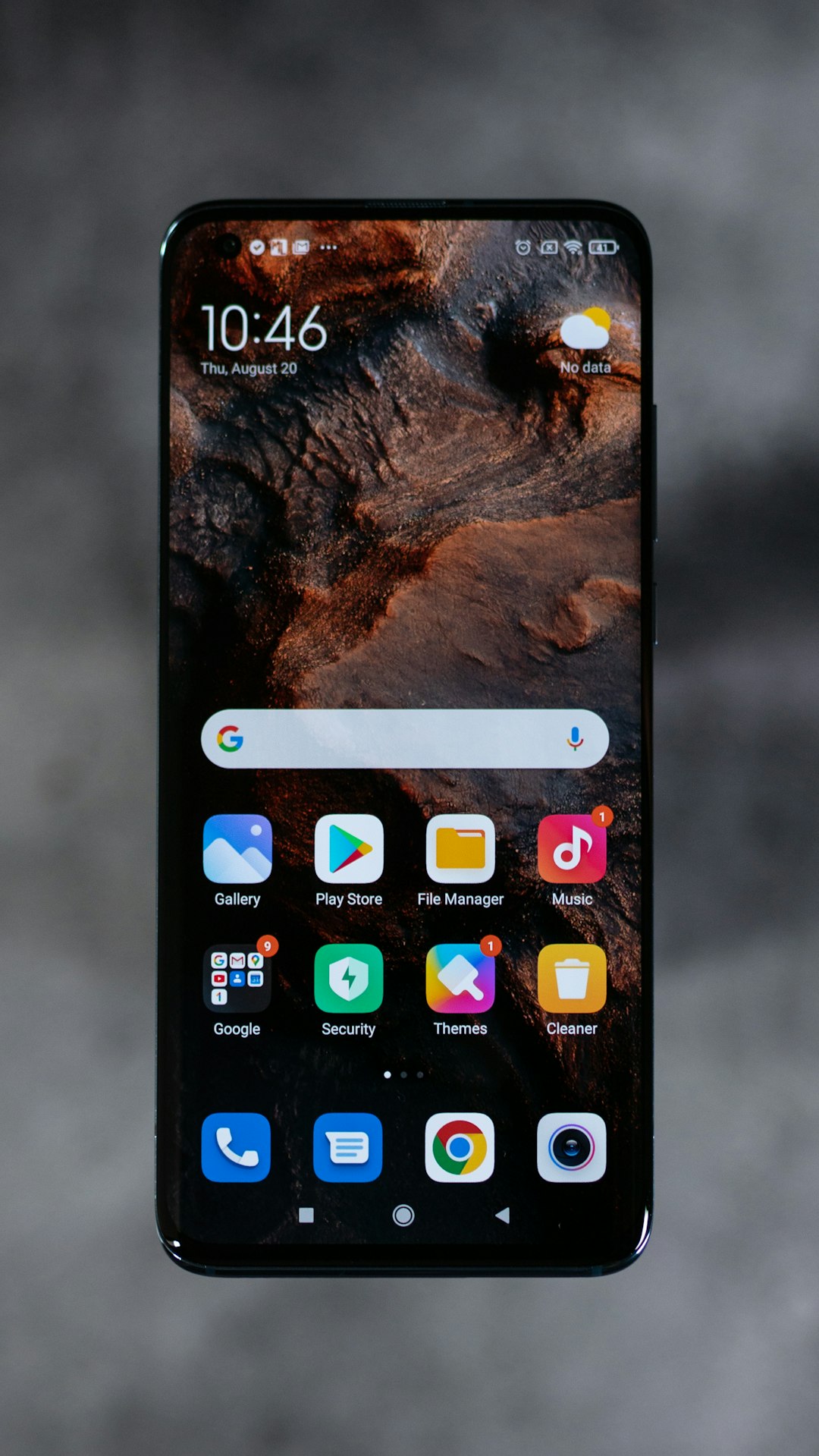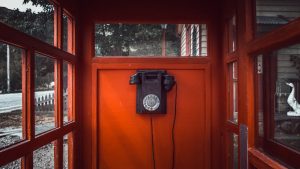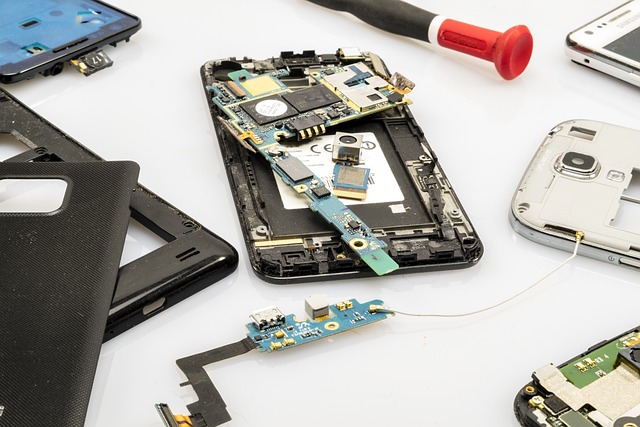In Spartanburg, SC, robocalls from unwanted call lawyers are often illegal, characterized by lack of personalization, pressure tactics, and unknown numbers. Recognize patterns like pre-recorded messages, odd hours, or repeated calls from blocked numbers to identify scams. Victims should consult unwanted call lawyers specializing in South Carolina laws for guidance on their rights and legal options, including filing complaints and seeking compensation under the TCPA. Document and report illegal robocalls to the FTC, with professionals assisting in navigating settlements or court cases.
In Spartanburg, South Carolina, illegal robocalls have become a growing concern. These automated calls, often disguised as legitimate business or emergency messages, can be a nuisance and even pose security risks. Recognizing common patterns is crucial to identifying these illegal calls. This article equips Spartanburg residents with knowledge on spotting unwanted calls, understanding legal repercussions, and knowing their rights—a must-read for those seeking protection from invasive robocalls and potential legal action through Unwanted Call Lawyers in South Carolina.
Identifying Common Robocall Patterns in Spartanburg, SC
In Spartanburg, SC, identifying common robocall patterns is crucial for recognizing illegal calls from unwanted call lawyers. These automated phone calls often follow distinct scripts and utilize repetitive messaging techniques to target a large number of individuals. By understanding these patterns, residents can better detect and report suspected illegal robocalls.
One common indicator is the lack of personalized content in the message. Automated calls may deliver generic scripts that fail to address the recipient by name or mention any personal details. Another red flag is when the caller demands immediate action, pressuring recipients to make hasty decisions without allowing time for verification. Additionally, robocalls often originate from blocked or unknown numbers, making it evident that the caller is attempting to avoid identification. If you receive a call from an unknown source advocating legal services or asking for personal information, it may be a robocall scam, prompting you to contact unwanted call lawyers in South Carolina for further guidance.
The Legal Ramifications of Making or Receiving Illegal Robocalls
Illegal robocalls are not only a nuisance, but they also come with significant legal ramifications. In South Carolina, making or receiving unauthorized automated calls can result in severe penalties. The Telephone Consumer Protection Act (TCPA) prohibits companies and individuals from using automatic dialing systems or prerecorded messages to make telemarketing calls without prior express consent. Those who violate this law can face substantial financial fines and other legal actions.
If you are a victim of an illegal robocall in Spartanburg, it’s advisable to consult with an experienced unwanted call lawyer. They can help you understand your rights and take appropriate legal action. These experts will guide you through the process of filing a complaint with relevant authorities and seeking compensation for any harm or inconvenience caused by the unsolicited calls.
How to Spot Unwanted Calls: A Comprehensive Checklist
If you’re receiving mysterious or frequent calls from unknown numbers in Spartanburg, it’s crucial to know how to spot an illegal robocall. Here’s a comprehensive checklist to help you identify unwanted calls:
1. Unexpected Calls: If you’re getting calls at unusual times or from numbers you don’t recognize, it could be a sign of robocalling activity. These calls often happen in bulk during odd hours.
2. Pre-recorded Messages: Robocalls are characterized by pre-recorded voice messages that promote products, services, or even political campaigns. If you hear a robotic or automated voice speaking to you, it’s likely a robocall.
3. Repeated Calls from Same Number: Consistently receiving calls from the same number, especially if they are unanswered or hang up immediately after dialing, could indicate a spammer or scammer trying to reach out to as many people as possible.
4. Pressing 1 to Speak to a Representative: Many robocalls instruct you to press 1 to speak to a “representative.” However, pressing this button often results in connecting you to another automated system or a live agent who attempts to sell you something.
5. Urgency and Fear Tactic: Scammers often use fear tactics to pressure you into providing personal information or performing actions that benefit them. If a call claims your account is in danger or promises incredible rewards, it’s probably a scam.
6. Lack of Legitimate Purpose: Genuine companies typically have legitimate reasons for contacting you. If the caller cannot provide a clear purpose for their call, be wary.
7. Unsolicited Marketing Materials: Calls promoting products, services, or offers that you haven’t requested or shown interest in are a common indication of unwanted calls.
If you believe you’re experiencing illegal robocalls, consider contacting an unwanted call lawyer in South Carolina to explore your legal options and protect yourself from further harassment.
Protecting Your Rights: What to Do If You've Received an Illegal Robocall
If you’ve received an illegal robocall in Spartanburg, it’s important to know your rights and take immediate action. Unwanted calls, especially those from telemarketers or scammers, are not only a nuisance but can also be a violation of your privacy and consumer rights in South Carolina.
The first step is to document the call. Save the caller’s contact information, record any messages left, and note the time and date of the call. Then, report the robocall to the Federal Trade Commission (FTC) using their Do Not Call registry. Additionally, consult with unwanted call lawyers in South Carolina who specialize in handling such cases. They can help you understand your legal options, file a complaint, and potentially seek damages for any financial loss or emotional distress caused by the illegal call.
Resources and Next Steps for Spartanburg Residents Affected by Robocalls
If you’re a Spartanburg resident facing frequent or harassing robocalls, knowing your rights and available resources is essential. The first step is to identify the nature of the calls; if they persist despite your requests to be removed from call lists, it may indicate illegal activities. In South Carolina, unwanted call laws protect residents from unsolicited telemarketing calls, and there are legal avenues to take if these rules are violated.
Contacting a reputable unwanted call lawyer in South Carolina is a strategic move. These legal professionals specialize in robocall-related issues and can guide you on the best course of action. They can assist with filing complaints, negotiating settlements, or representing you in court if necessary. There are also community resources available, such as local consumer protection agencies, that offer advice and support to residents dealing with persistent robocalls.






